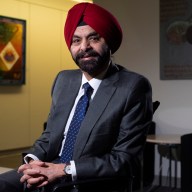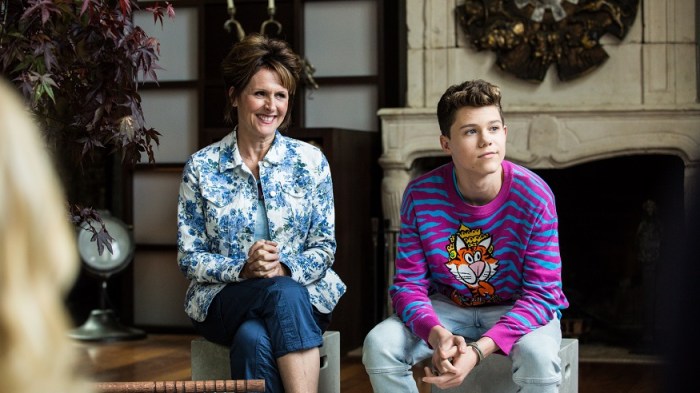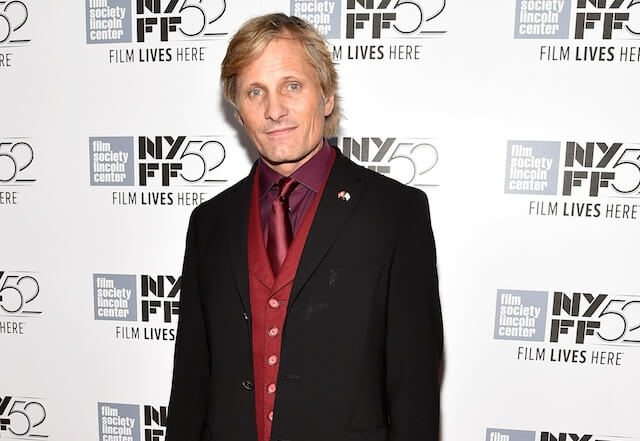Alicia Vikander doesn’t have time to see movies. The Swedish actress is currently in “It” Girl mode, parlaying acclaimed performances in “Pure” and “A Royal Affair” — as well as the new “Ex Machina,” in which she plays a robot with revolutionary A.I. capabilities — into a stream of big projects. (In addition to Guy Ritchie’s “The Man from U.N.C.L.E.” there’s “Adam Jones” with Bradley Cooper and Emma Thompson and “The Danish Girl” opposite Eddie Redmayne, and more.) While in New York promoting “Ex Machina” Vikander said she actually saw a movie for fun: “It Follows.” And luckily she loved it. What was it about “It Follows” that really struck you?
Normally you’re supposed to be scared by things jumping out in front of you. But with those big panoramic wide shots, for once the filmmaker doesn’t tell you where to focus. It’s so open; you have to look everywhere. You felt like you were on the same journey [as the characters]. It’s an unusual way to do a horror film. And “Ex Machina” is an unusual way to do a sci-fi film: It’s very stripped-down, its effects organic to the narrative. At times, with its single digit characters, it plays like a play. It’s a chamber piece. To be able to have such long scenes is very rare. Very often you start a scene, you start to get into it, and then it’s over. [Laughs] You find a certain path you hadn’t taken in another take. In this film you really had the chance to execute whatever new influences or directions you found. Every single take turned out to be different. You try to open a new door and when you open that door you’re going in another direction. The question in the film is whether Ava, your robotic character, genuinely thinks and feels independent of her programming. How did you approach that as an actor?
With any part, even when you’re trying to create a new character, you can at least relate to the fact that they’re human. With this you couldn’t even do that. I figured that because they were questioning whether she was real or not that her maker must have come very far [in programming her]. I wanted her to come very close to that idea. And I was wondering what makes people believe she is a real girl. Alex [Garland, the writer-director] was very open about it. I basically had a blank sheet. He let me try different ways of moving and different voices. It was one of those roles you really want because you’re quite terrified and scared of taking it on, but you do get to try whatever you want. How about how you physically portrayed her? She has a way of moving that every great now and then looks robotic, but is more often very elegant. And you have a history with dance.
I was probably unconsciously using my dance background. I had years of training, so that is a part of me. I grew up moving and knowing how physicality reads. That’s what you learn in ballet school. We created our own pieces and choreographed them from the age of 12, so you know from an outside perspective what things read like. It was also a nice tool to have, once I found what Ava moved like. When I would get into that posture, that would be a great way to get into the character too. It’s like using an accent. If you just learn that accent you become something quite different. It’s a film that gets at the heart of what defines consciousness: She’s designed, but in a sense we’re all created.
I could ask myself 10,000 questions. If I said something did I know that I said it? Did I have any intention of saying it? Was it something I was programmed to say or something I learned? It was scary [laughs], because the questions kept coming, one after another. But if you do believe she has a conscience then she’s a girl being locked up. And if not then she’s a machine in a space. That’s another angle in the film: It can be read as a feminist statement about a man, the scientist played by Oscar Isaac, creating and locking up a woman — and dismantling and destroying her if she doesn’t fulfill her. There’s a sense that she’s being objectified, stared at behind thick glass. It comes down to the general view of women, and sexualizing them, in our society. But then there’s also the fact that she is an object. There’s a double-side to it, depending on how you see it. Alex wasn’t necessarily making a feminist film, but he was bringing up truths in our society.
Interview: Alicia Vikander on making a quiet sci-fi film, ‘Ex Machina’

Getty Images
Follow Matt Prigge on Twitter @mattprigge
















